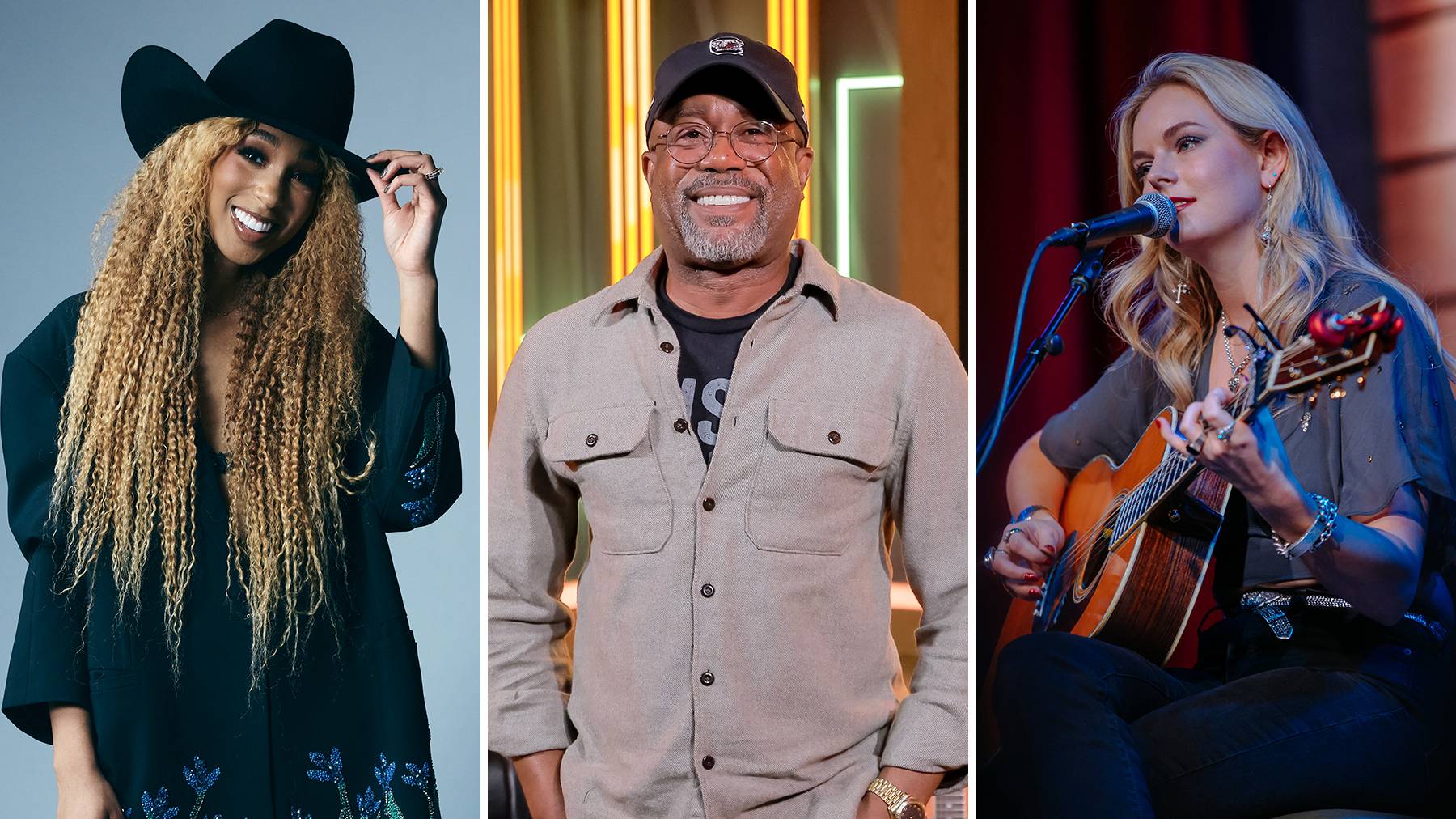NASHVILLE SKYLINE: Can Kenny Chesney Find the Next Kenny Chesney?

(NASHVILLE SKYLINE is a column by CMT/CMT.com Editorial Director Chet Flippo.)
Can talent shows truly produce the next generation of country artists -- now that popular taste is no longer controlled by radio or by critics or exclusively by many record labels? Can Kenny Chesney find the next Kenny Chesney? Can John Rich locate the next John Rich? I don't know, but I'd say they have a better-than-average chance than run-of-the-mill shows of finding real music talent.
Whatever else they accomplish, I applaud Chesney and Rich for using their own efforts and personal funding in launching their own attempts at nurturing new talent.
Chesney's ambitious Big Star program will parallel his even more ambitious stadium tour this year. Local acts used to routinely get the chance to open for national touring acts when they came to town. That has not been the custom for years, after packaged tours took over the venue circuit in this country. Now Chesney wants to find local talent to open for him in each city. For the finale, he'll have a grand prize winner -- in a loaned tour bus -- open for the closing cities of his tour. In reviving the battle of the bands, Chesney is bringing back a grand tradition that began in the early days of rock 'n' roll.
Rich's contest is centered in Nashville. His Get Rich Talent Search will have cash prizes for three aspiring singers or groups at a competition every week at the Nashville club 12th & Porter. Rich has said it's not been that many years since he was a kid scuffling in Nashville's bars, and he wants today's kids to have a chance at a break.
Talent shows, contests and competitions are re-emerging as the primary path of advancement for fledgling country singers. Talent shows flourished in the early years of popular music, and fiddle contests, especially, have long been a staple of country music. State and county fairs have held country music competitions for years. Patsy Cline rose to national stardom on the early television show, Talent Scouts. The Original Amateur Hour began on radio in 1934 and moved to TV in 1948. Star Search gave a start to such country artists as Sawyer Brown. Other talent shows continue, such as those sponsored by Capitol Records Nashville, True Value and Colgate.
The plight of struggling young artists has been worsened by many factors. The disappearance of clubs and honky-tonks as proving grounds has been drastic. The decline of amusement parks as music venues for emerging artists has helped dry up the avenues of advancement for struggling young music wannabes. Opryland was the biggest garden for young country wannabes to be given a chance to show their talent. Its closure cut off Nashville's main talent pipeline to the industry.
And given the enormous and rapid changes in the retail music scene, record labels can no longer afford to sign and try to break large numbers of new and beginning artists. Unlike the big pop labels, country music's record labels can still find and break new acts. But not to the extent they could in the past. Country radio does not have the power that it once did. The alternatives these days to depending on the major record labels and radio include YouTube and MySpace and other social networking sites. Satellite radio remains a valuable point for niche music audiences, and the pending XM-Sirius merge raises more questions than it answers. And TV has become a valid alternative to radio.
American Idol remains more about the drama than about the music. I'm glad it's done its job to some extent in discovering such genuine talents as Carrie Underwood. But I can't watch it because of the humiliation and cheap, contrived drama involved. Nashville Star has been a country version of "Idol Lite" and has tried to be about both music and entertainment. We'll see how it does in its new incarnation this year. Regardless of how new acts get their foot in the door, whether it's from social networking, their own Internet initiative, an often-brief chance on a national record label or from a competition or a TV contest, a big question remains. Where do they go next? How can they sustain their success?





